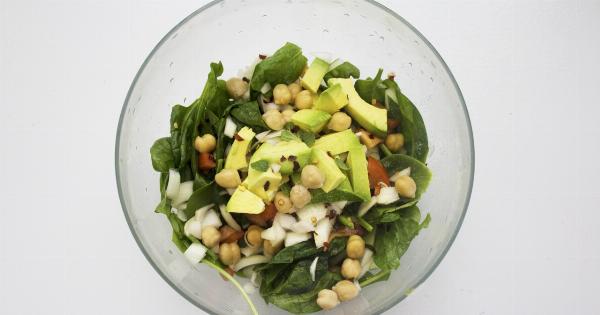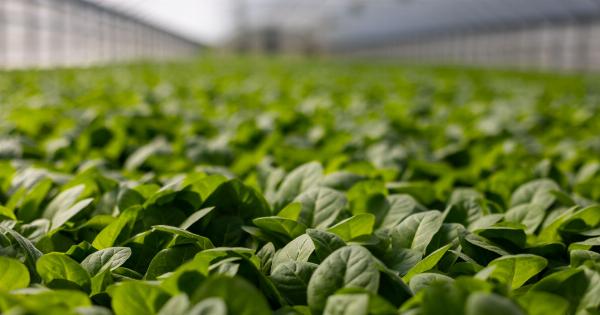When it comes to making food choices, the question of whether to choose frozen or fresh produce often comes up.
Both options have their benefits and drawbacks, but which one wins in the ultimate battle of nutrition? In this article, we’ll explore the advantages and disadvantages of both frozen and fresh produce, and compare their nutritional value.
What is Frozen Produce?
Frozen produce is fruits and vegetables that have been picked at peak ripeness, flash-frozen, and stored in a freezer until ready to be used.
The process of flash-freezing seals in their nutrients, making it a popular option for those who want to ensure their food stays fresh for longer periods of time.
Advantages of Frozen Produce
1. Convenience: Frozen produce can save a lot of time for those who don’t have the luxury of frequent grocery trips.
2. Budget-friendly: Frozen produce is often cheaper than fresh, especially when it’s not in season.
3. Nutrient retention: When produce is frozen, it’s able to retain its nutritional value longer than fresh produce that may have traveled great distances or sat on grocery store shelves for an extended period of time.
4. Reduced waste: Frozen produce has a longer shelf life, which means there’s less likelihood of it going bad or being left unused.
Disadvantages of Frozen Produce
1. Texture: Some frozen produce can have a softer texture than fresh.
2. Added Ingredients: Some frozen produce may have added sugars or salt added, which can increase their calorie and sodium levels.
3. Limited Availability: Not all fruits and vegetables are available frozen.
What is Fresh Produce?
Fresh produce refers to fruits and vegetables that have not been treated with preservatives or frozen.
They are usually sold in the grocery store’s produce section and are frequently delivered from farms or local growers to ensure their freshness.
Advantages of Fresh Produce
1. Nutrition: Fresh produce contains a high concentration of vitamins and minerals that contribute to good health.
2. Taste: Fresh produce often tastes better, especially when in-season.
3. Versatility: Fresh produce can be cooked or eaten raw, making it a versatile ingredient for a variety of dishes.
Disadvantages of Fresh Produce
1. Short shelf life: Fresh produce has a shorter lifespan than frozen produce and can go bad quickly if not used in a timely manner.
2. Limited availability: Some fruits and vegetables are only available during certain seasons, making them more expensive or not available at all in some parts of the world.
3. Cost: Fresh produce is often more expensive than frozen, especially if it’s not in season or shipped from far away.
Comparing Nutritional Value
When it comes to nutritional value, fresh produce is often considered the gold standard. The longer a fruit or vegetable sits on a shelf, the more nutrients it loses.
Fresh produce is picked and sold at the peak of ripeness, making it a valuable source of minerals and vitamins. However, frozen produce is often just as nutritious. The process of flash-freezing can help preserve many of the vitamins and minerals found in fresh produce, and it can often be a convenient and cost-effective way to get essential nutrients.
It’s important to note that not all frozen produce is created equal, and it’s essential to read the ingredients label on frozen products to avoid those that have added sugars, salt, or other unhealthy ingredients.
Likewise, fresh produce can also have reduced nutritional value if it’s been treated with pesticides or chemicals, making it essential to choose organically grown products whenever possible.
The Verdict: Frozen vs. Fresh
It’s clear that both frozen and fresh produce have their advantages and disadvantages, making it hard to choose an overall winner in terms of nutrition.
However, the bottom line is that both options can be healthy choices, depending on your individual needs and preferences. For those who prioritize convenience and longer shelf-life, frozen produce may be the better choice. For those who want the highest nutritional value and freshest taste, fresh produce would be the way to go.
The key to making smart food choices is to aim for a balance of both fresh and frozen produce, focusing on variety and moderation.
By incorporating both into your diet in a healthy and balanced way, you can ensure that you’re getting the nutrients your body needs to thrive while enjoying a range of delicious fruits and vegetables.






























